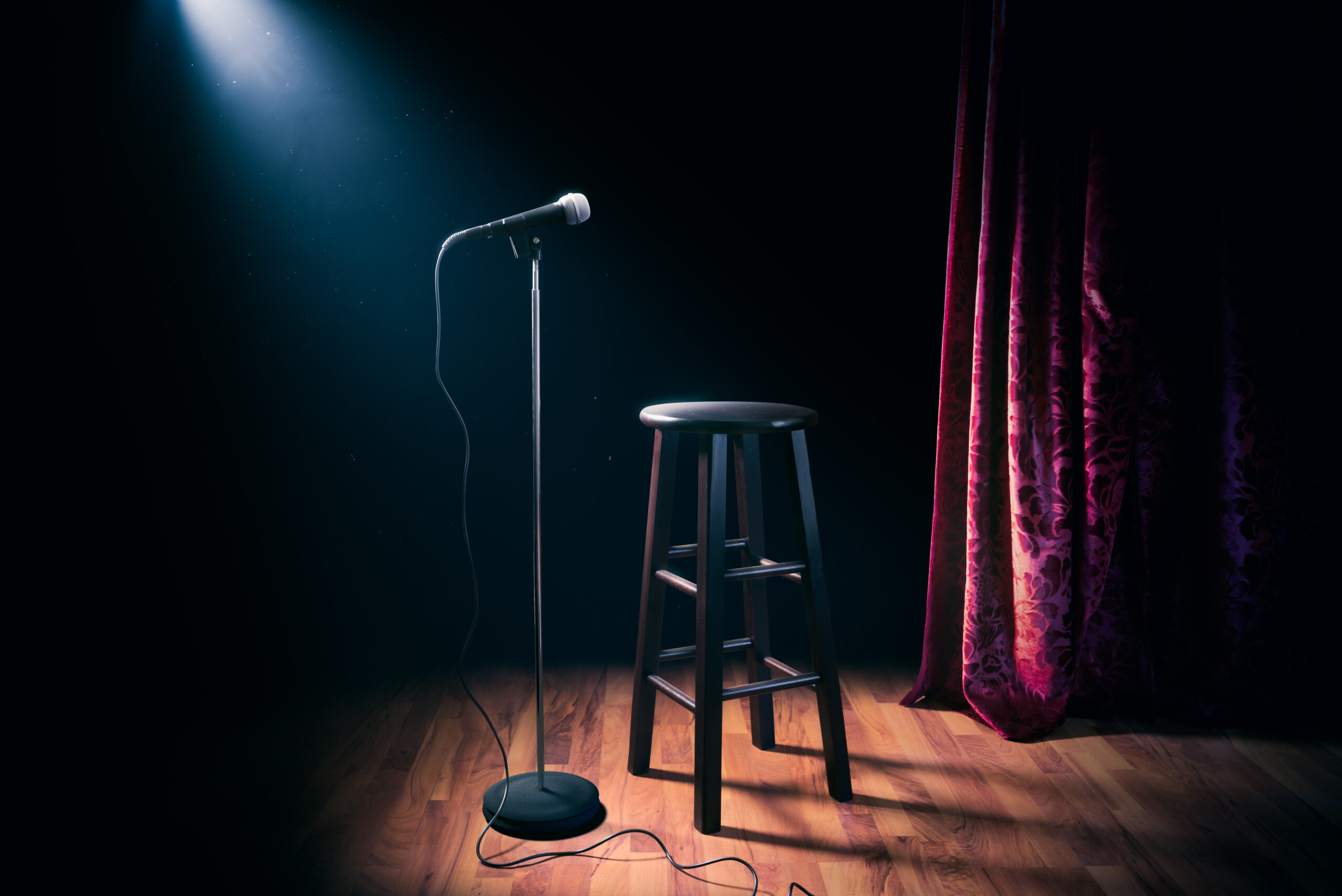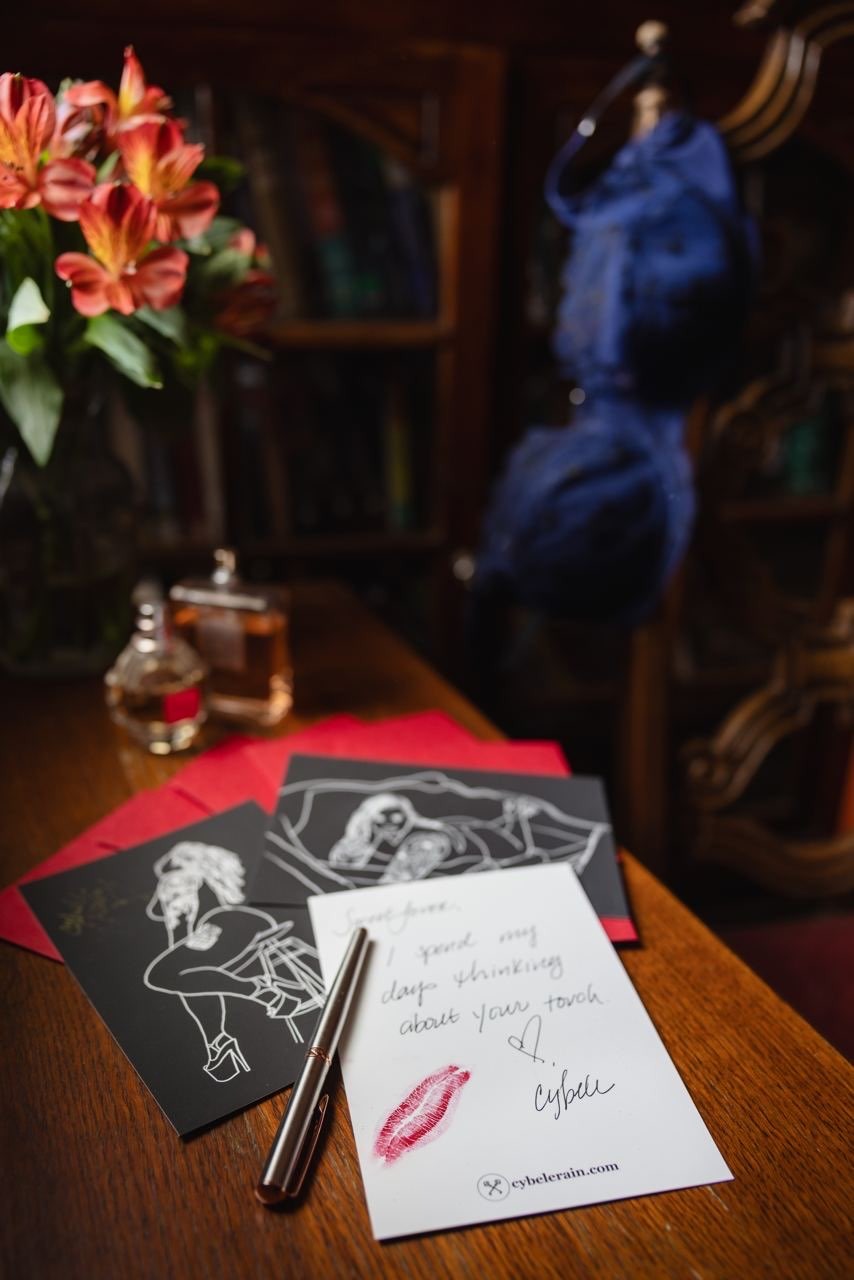What I Read:

You can listen to the audio version of this Musing here.
“A man has two ways out in life—laughing or crying. There’s more hope in laughing.” — Dick Gregory
This week I read comedian Mike Birbiglia’s newest book The New One: Painfully True Stories From a Reluctant Dad; it was a gift from a sweet new client.
I have been a long-time fan of This American Life, where Birbiglia is a regular contributor, so I am familiar with his work, but this is the first time I have read any of his books. A special treat of this particular book is that his wife’s lovely poetry is sprinkled throughout.
While the book was about his decision to become a father—and the anxiety that this decision evoked—that isn’t the part of the book that stood out the most to me. I was a young mother and also an oldest daughter who helped raise my siblings. I don’t know what life is like without children present, so his anxiety is somewhat unrelatable to me.
What I did relate to, however, is the challenge he faced, as a writer and comedian, to write about the things happening in his life without overstepping the boundaries of his relationships. In particular, while his wife was pregnant, she asked that he not talk on stage about the pregnancy. This was a particular challenge for him because, in his words, “A solid chunk of my life is spent living and another hearty slice is spent on stage telling jokes about living.” And, what gives you more good jokes than pregnancy, childbirth, and early parenting?
To manage this challenge, Birbiglia decides to change up his routine and talk about the value of telling jokes (of jokes themselves), rather than making jokes about his wife’s pregnancy. This move makes sense to me. I notice that my writing leans on meta analysis and abstraction when I am hoping to obscure truths that are too personal, particularly when I think my words may hurt those I love or have loved. Last week, for example, I alluded to my own broken and damaged relationships, without mentioning any specifics. Not everything is for public consumption.
What I thought was insightful in Birbiglia’s discussion of jokes is their power to quell our deepest fears, anxieties, and pain. As an example, he argues that jokes about bombs are the most funny when there is the possibility of a bomb threat (for example, on an airplane). “Therein lies the risk and reward of jokes,” he says. “We joke about things we are most anxious about to defuse the anxiety of the actual threat. We’re defusing bombs with jokes about bombs.”
We do not have to agree with him about what kind of joke is funny—I know that I wouldn’t find a bomb joke funny if I was on an airplane—to understand the function of humor. Humor can get us through our worst pain, and it can break the tension during some of our most intense moments. Indeed, Birbiglia says, “The jokes that touch on the most painful topics can often bring the deepest laughs and the most healing. That’s why I try to talk onstage about my greatest source of pain… those are my best jokes.”
What I’m Thinking About:

Thinking back to last week’s Musing, which coincidentally also featured a comedian, I am struck by Krista Tippett’s question to Bartunde Thurston. She says, “There is a spiritual aspect of humor, comedy—comedy isn’t really quite a big enough word…it’s a way of moving through the world for you, and actually metabolizing precisely what is unfunny.”
Thurston’s response is in line with Birbiglia’s observations. He says, “Metabolizing is a great word. I’ve often thought of myself as ingesting as much of the world as I can and processing it and trying to release it in a healthier form for me—because just taking all that in is actually very poisonous.”
Thurston points to an important truth here. We cannot just take in all the ugly of the world without significant harm; it is poisonous. But the human imagination, our ability to weave levity into the most serious of matters, isn’t necessarily irreverent, it can be a matter of survival.
What I also think is important, especially in my line of work, is the intimacy a good laugh can foster. Birbiglia says, “Sharing a private joke with an audience is so intimate that, in a way, it’s like marrying the audience.” Marriage is a strong word, but I appreciate what he is getting at. Being able to find the humor in “precisely what is unfunny,” in Tippett’s words, engenders connection and intimacy.
As I read this I thought of a date I went on with a client this week, our fourth, where we really laughed together for the first time because, despite all of the other intimate things we had experienced together, the fourth date is where we knew each other well enough to let our guards down enough to share a joke. The giggle felt more intimate, indeed, than the moment before when he was inside of my body.
What I’m Excited About:

Along with intimacy, I have also been thinking about nostalgia. Or more specifically, I have been thinking about what we lose, in our techno-centric culture, when we allow all of our personal interactions to be digitally mediated.
In other words, I have been thinking about handwritten postcards, letters, and other tangibles. I have also been thinking of making as many of you my penpals as possible.
In the next coming weeks, I will be announcing exactly what I have in mind. In the meantime, let this picture stoke your curiosity (and hopefully a little nostalgia in you as well).
Booking & Availability: 
I’ll be in Pittsburgh for the rest of 2023! If you’re interested in booking me here you can fill out my booking form here. If you are interested in seeing me come to your city sometime in 2024, I invite you to look at my travel page.
